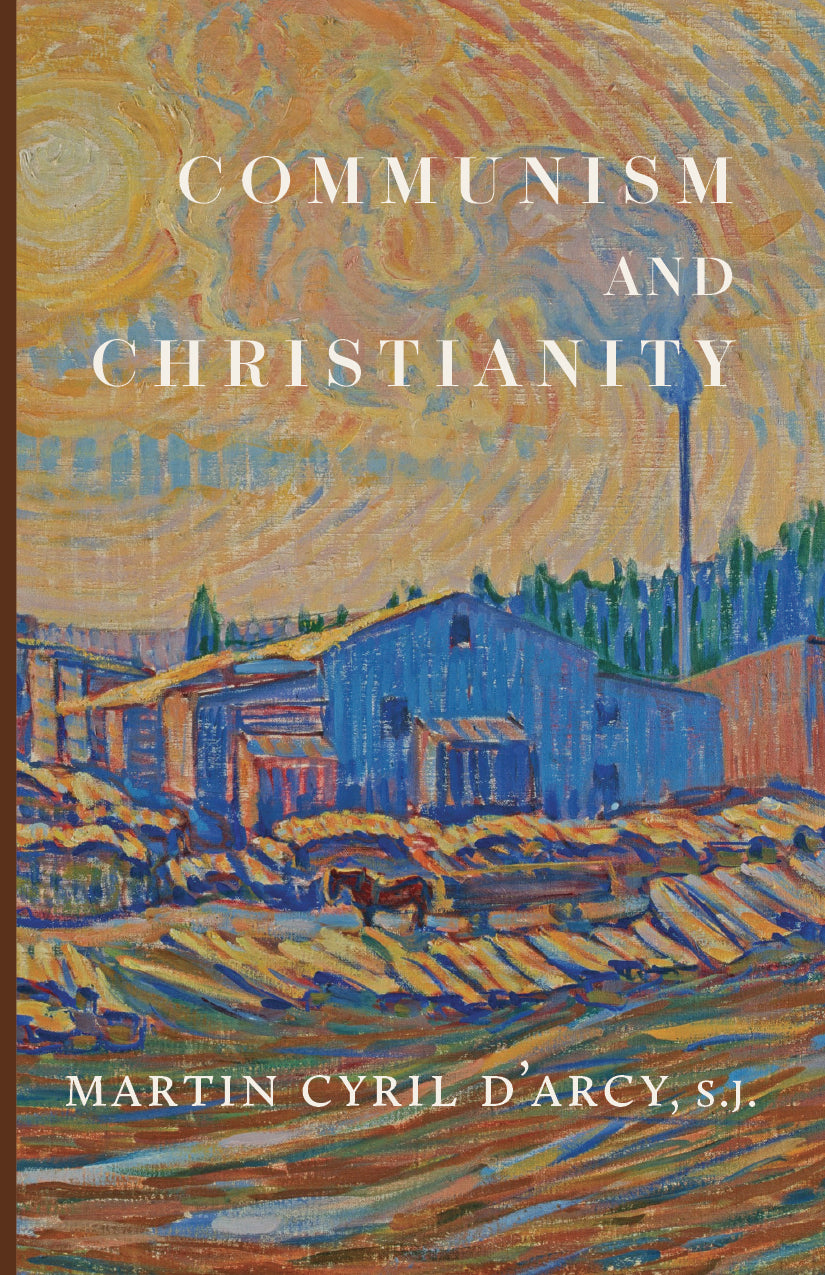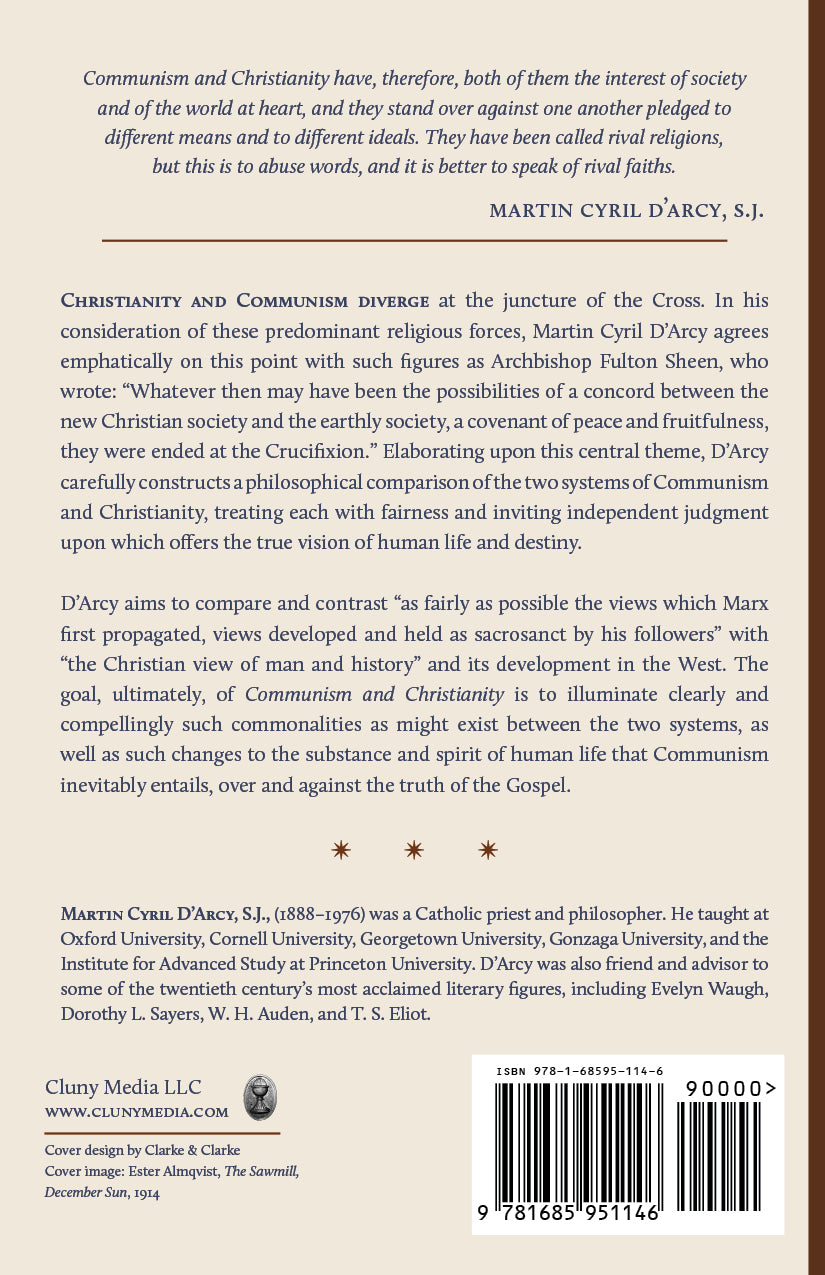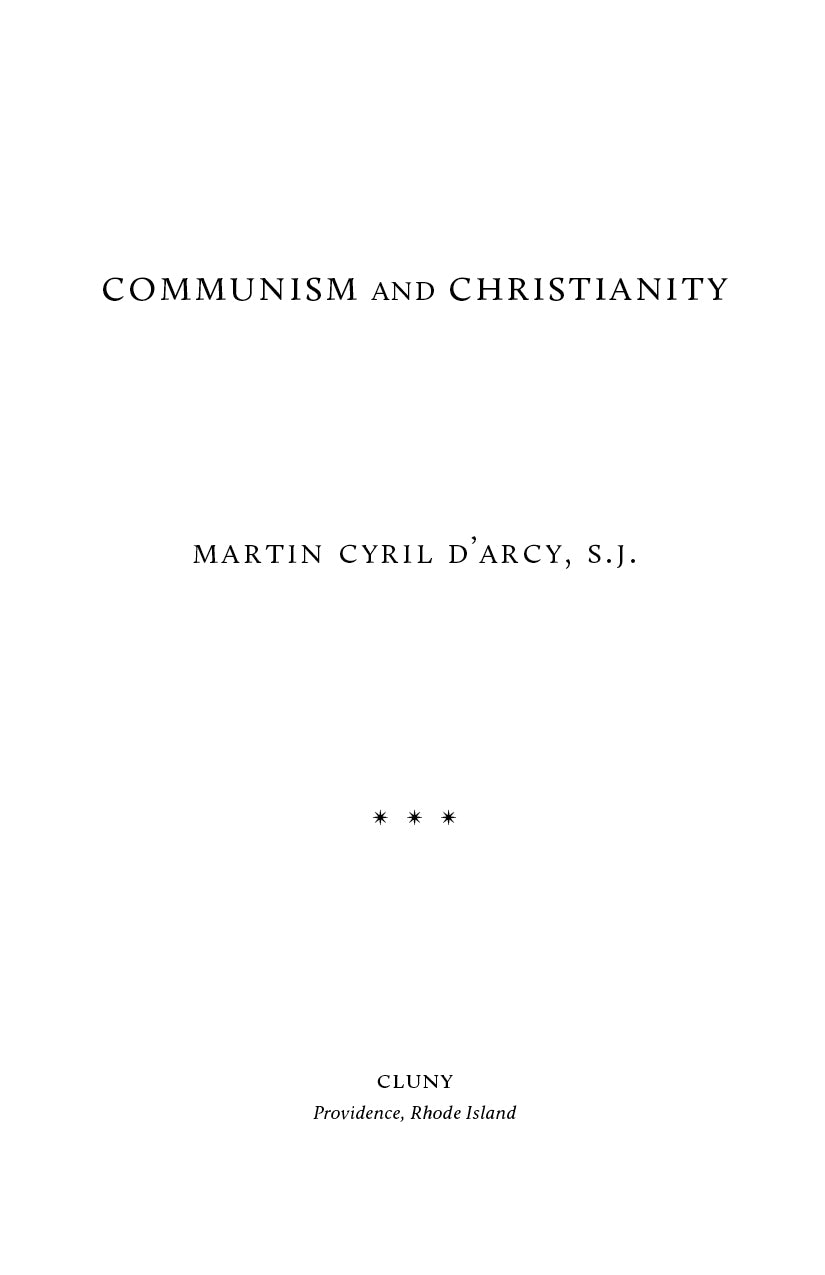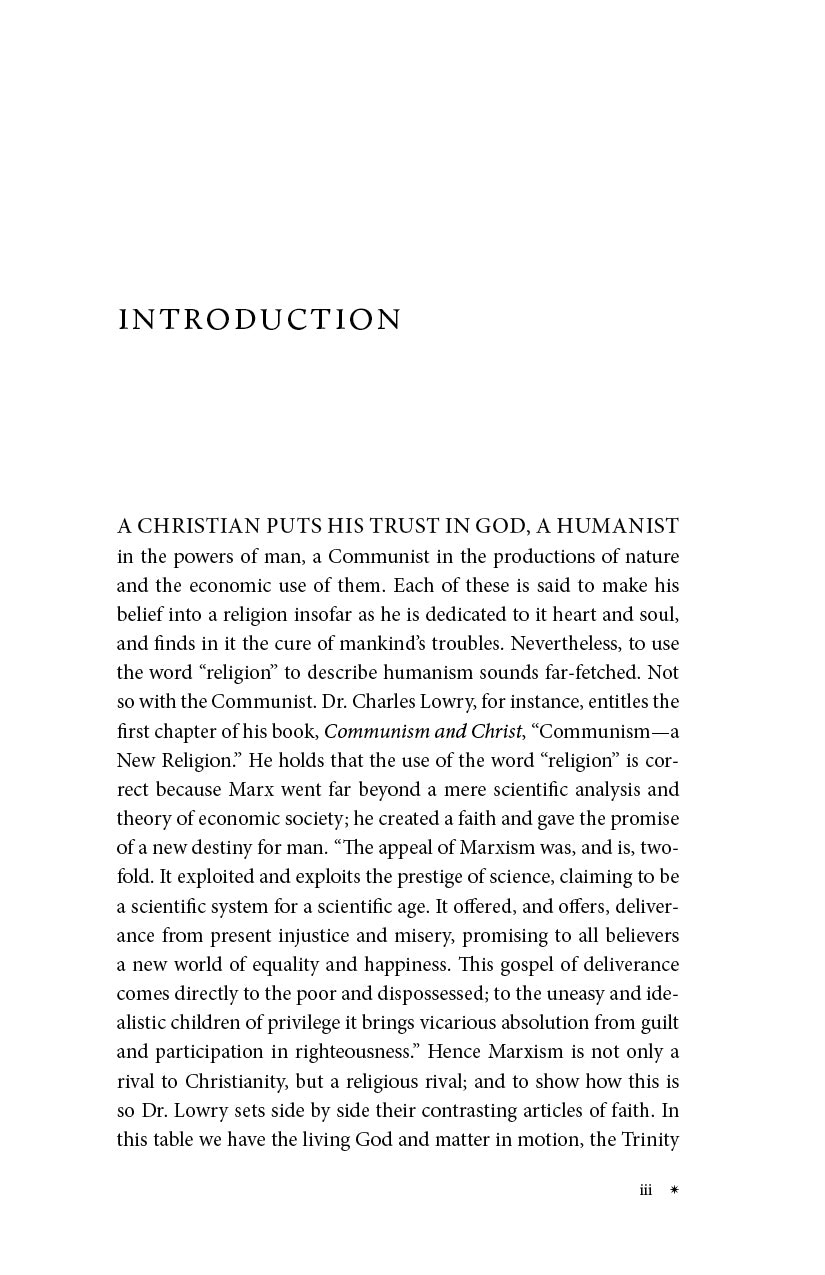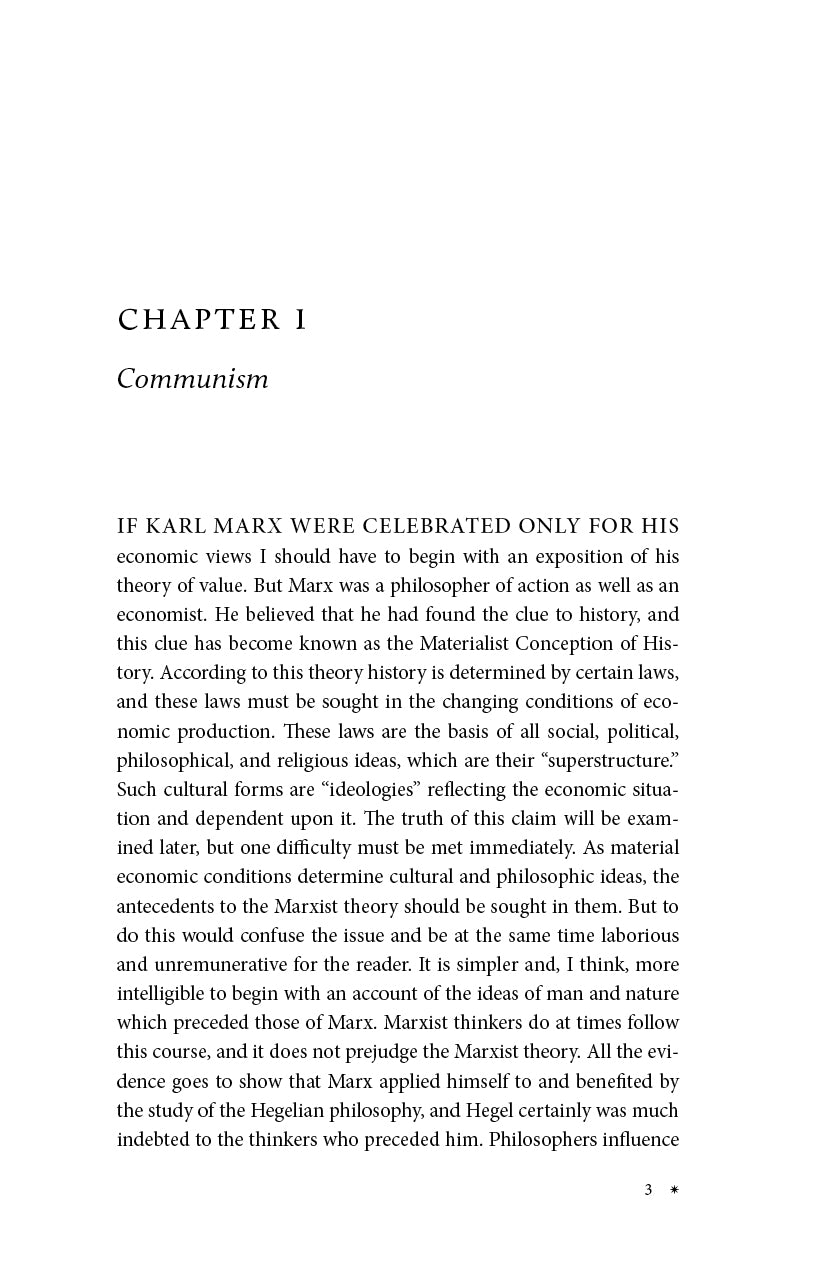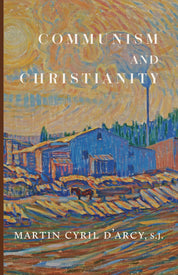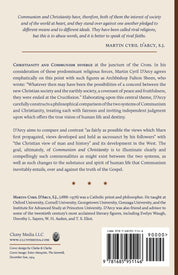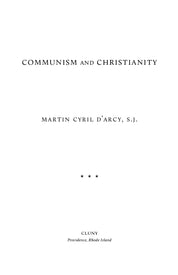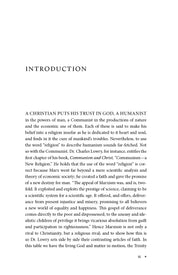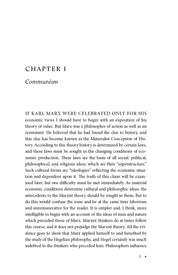Communism and Christianity
By Martin Cyril D'Arcy, S.J.
Christianity and Communism diverge at the juncture of the Cross. In his consideration of these predominant religious forces, Martin Cyril D’Arcy agrees emphatically on this point with such figures as Archbishop Fulton Sheen, who wrote: “Whatever then may have been the possibilities of a concord between the new Christian society and the earthly society, a covenant of peace and fruitfulness, they were ended at the Crucifixion.” Elaborating upon this central theme, D’Arcy carefully constructs a philosophical comparison of the two systems of Communism and Christianity, treating each with fairness and inviting independent judgment upon which offers the true vision of human life and destiny.
Communism and Christianity have, therefore, both of them the interest of society and of the world at heart, and they stand over against one another pledged to different means and to different ideals. They have been called rival religions, but this is to abuse words, and it is better to speak of rival faiths. (Martin Cyril D'Arcy, S.J.)
D’Arcy aims to compare and contrast “as fairly as possible the views which Marx first propagated, views developed and held as sacrosanct by his followers” with “the Christian view of man and history” and its development in the West. The goal, ultimately, of Communism and Christianity is to illuminate clearly and compellingly such commonalities as might exist between the two systems, as well as such changes to the substance and spirit of human life that Communism inevitably entails, over and against the truth of the Gospel.
* * *
Martin Cyril D’Arcy, S.J., (1888–1976) was a Catholic priest and philosopher. He taught at Oxford University, Cornell University, Georgetown University, Gonzaga University, and the Institute for Advanced Study at Princeton University. D’Arcy was also friend and advisor to some of the twentieth century’s most acclaimed literary figures, including Evelyn Waugh, Dorothy L. Sayers, W. H. Auden, and T. S. Eliot.
Paperback: 216pp.
ISBN: 978-1685951146

